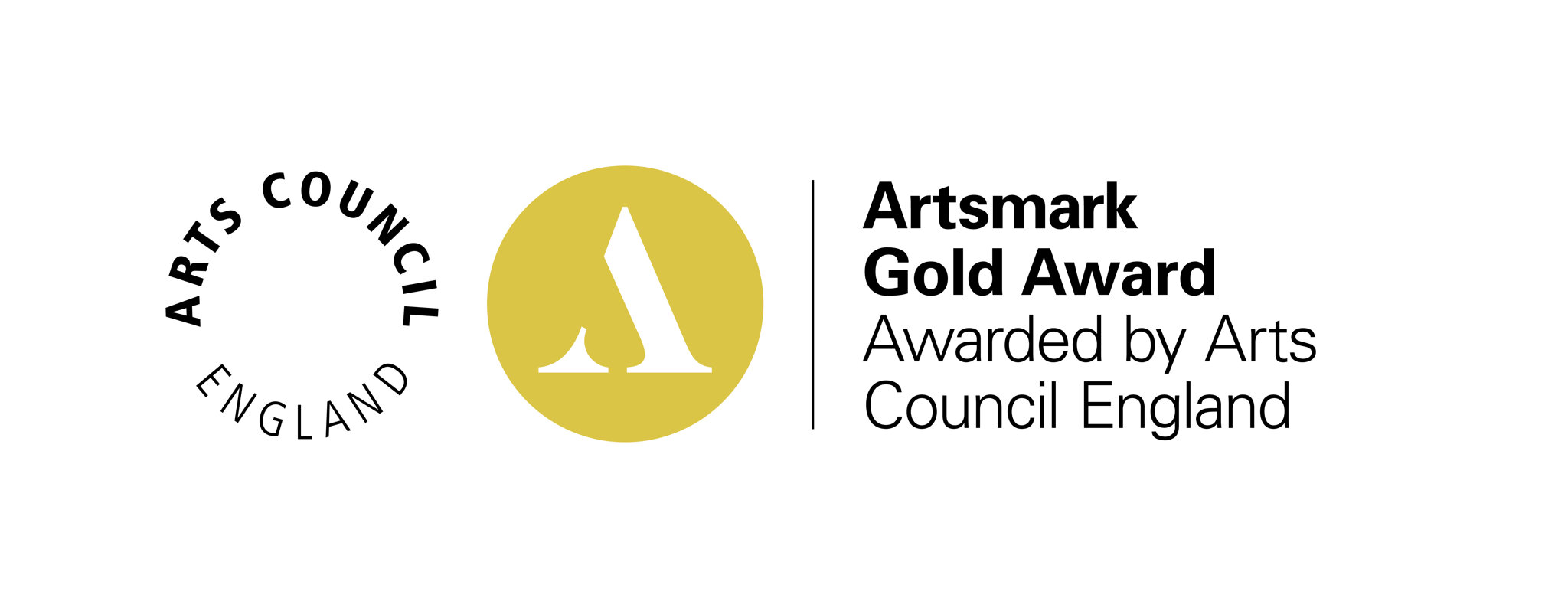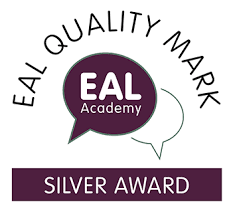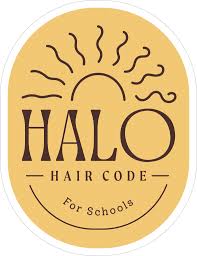National helplines and websites for adults and children
(Please click on the title to follow the link to the website)
A place a child or young person can talk to someone about something they are worried about. They can do this online or over the phone. 08001111
This charity works against child abuse. A helpline is staffed by trained professionals who can provide expert advice and support for anyone concerned about a child, for parents or carers looking for advice, or for professionals in need of information and guidance – 0808 800 5000.
The NSPCC have also launched a dedicated helpline for children and young people who have experienced abuse at school, and for worried adults and professionals that need support and guidance – 0800 136 663.
The NSPCC can also be emailed on help@nspcc.org.uk. NSPCC website – www.nspcc.org.uk
A confidential helpline which offers support and advice to those in emotional distress. - 116 123
Offers information and advice to anyone worried about a child or young person under the age of 25. Call us for free on 0808 802 5544 from 9:30am – 4pm, Mon – Fri.
Charity working to prevent young suicide with a helpline for those worried about themselves or someone they know. Hopeline UK Tel no. 0800 068 4141 or 07860 039 967. pat@papyrus-uk.org
General mental health advice and support:
Provide practical and emotional care and support for children, young people and their parents/carers; ensure children and young people’s voices are heard; and campaign to bring lasting improvements to their lives.
A safe community to support your mental health 24/7
The Campaign against Living Miserably aims to reduce suicide rates among young men in the UK. Helpline 0800 585858
Prepares young people for their first visit to their GP to talk about their mental health.
Online counselling and support for children and young people.
Information for young people on mental health and wellbeing – Mind
National mental health charity providing information and advice.
Information on mental health, as well as telephone, email and text support. Includes an online forum for over-18s.
Mental health information and support for the under-25s.
Royal College of Psychiatrists – Young People’s Mental Health
This website contains information for young people, parents and carers, about young people’s mental health.
Anna Freud National Centre for Children and Families
Anxiety
Live chat and email support for children and young people experiencing anxiety.
Helpline for young people who suffer from panic attacks, OCD, phobias, and other related anxiety disorders (0330 606 1174).
Information and advice about all forms of bullying (nationalbullyinghelpline.co.uk)
Advice and support for dealing with bullying.
Depression
Charlie Waller Trust, mental health charity
Includes information for children and young people on how to recognise the signs of depression.
Guide to CAMHS | Mental Health Services | YoungMinds
Information and support for young people who have been referred to the CAMHS system.
Drugs and alcohol
Talking about drugs and alcohol | NSPCC
Information about drug and alcohol problems.
Information and support for children and young people affected by a parent’s alcohol use.
Turning Point (turning-point.co.uk)
Help for adults and children with alcohol and drug problems
Eating disorders
Helplines, online support and self-help groups on all types of eating disorder.
Medication
Information for young people around medication, mental health and life.
OCD
Information and support on OCD, including online support forums.
Self-harm
Information and support on self-harm in children and young people.
National Self-Harm Network
A forum providing crisis support, resources and advice on dealing with self-harm.
Information and support around self-harm. Includes forums, online chat, open 24/7.
Information for parents and professionals on self-harming behaviour.
The centre of excellence for self-harm and suicide prevention
Calm Harm is a free app that helps you manage or resist the urge to self-harm.
SEND
The NSPCC/Net Aware have worked on a brand new SEND Online Safety Hub. They have partnered with Ambitious About Autism to bring online safety tips, advice and activities specifically for parents and carers of children with SEND: Connecting Safely Online | Internet Matters
Apps/Tools for Children and Young People
Problem-solving tool aimed at students.
A mood tracking tool; the basic features are free but you have to pay for more in-depth features.
Self-help tool for children and young people suffering from eating disorders.
SAM (Self-Help for Anxiety Management)
Help with anxiety management which includes interactive games and tools, and an anxiety tracker.
Stop.Breathe.Think (stopbreathethink.org.uk)
Guide to meditation which recommends certain meditations based on how you’re feeling.
A guide to meditation and stress relief
Sexual Harassment, Sexual Violence and Misogyny
https://enough.campaign.gov.uk/
https://www.nspcc.org.uk/about-us/news-opinion/2021/sexual-abuse-victims-schools-helpline/
Domestic Abuse
Refuge’s National Domestic Abuse Helpline: 0808 2000 247 | Online live chat | Webform
Women’s Aid have a directory of domestic abuse support services across the UK. If you are experiencing domestic abuse or are worried about friends or family, you can access the Women’s Aid live chat service 7 days a week, 10am to 6pm.
The Helpline for male victims of domestic abuse: https://mensadviceline.org.uk/
Safe Spaces are also available in Boots, Morrisons, Superdrug and Well pharmacies, TSB banks and independent pharmacies across the UK. Once you are inside, specialist domestic abuse support information will be available for you to access. Many Safe Spaces are also prepared to respond to the ‘Ask for ANI’ codeword, to provide victims with a discreet way to access help calling the police on 999 or specialist support services. Find your nearest Safe Space.
PVVS Helpline 01772 201601 or email hope@pdvs.org.uk


